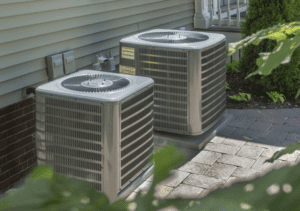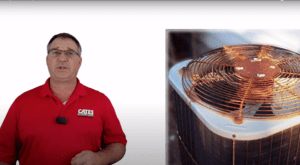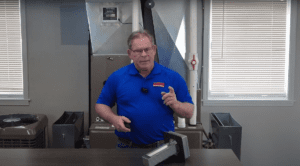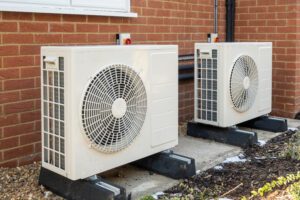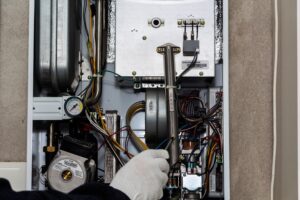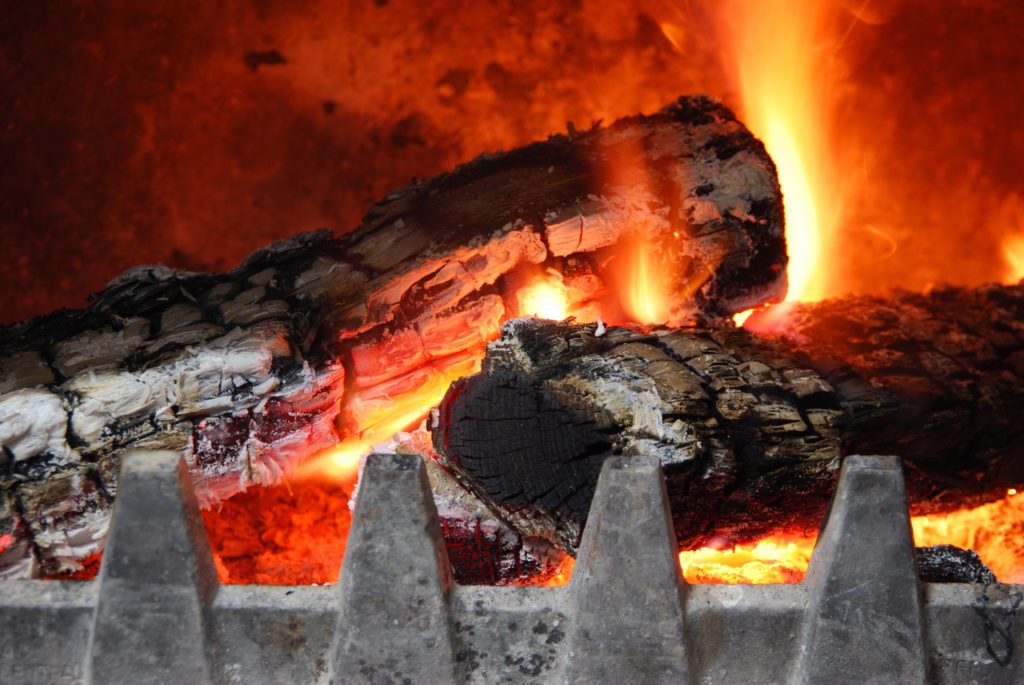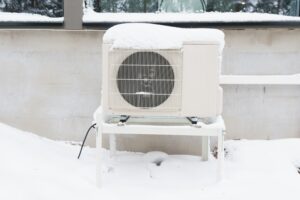They take the winter chill out of our homes and warm us up until spring – we can’t live without our central heating systems! Could you imagine not having immediate relief from the freezing cold? Centuries ago this was a reality!
The history of central heating systems is a long one. We’re not here to bore you, so we’ll just give you a brief history lesson. Welcome to Central Heating Systems 101 – sit back and enjoy!
13th Century
Did you know that ancient greeks developed the concept of central heating? Temples were heated by heat that was generated by fire and circulated by flues. Ancient romans used a similar heating technique that consisted of furnaces used to heat air through the walls and under floors that eventually heated an entire room. Sadly, following the collapse of the Roman Empire, people resorted to fireplaces to provide heat and innovative heating techniques weren’t used for another thousand years.
18th & 19th Centuries
Central heating methods (hot air, steam and hot water) weren’t invented until the 1700 and 1800s.
It wasn’t until 1793 that British engineer William Strutt designed a furnace, modeled after John Evelyn’s design nearly one hundred years prior. Strutt’s furnace design heated outside air through a passage built underground. In the early 1800s, Strutt teamed up with engineer Charles Sylvester to design a heating system for a hospital that cleaned the air along with heating the building.
The first central heating system that involved steam wasn’t invented until the 18th century. Scottish inventor James Watt built the first working central boiler system in his home. His invention involved high-pressure steam that was distributed through pipes. Watt’s central boiler system was later used in an industrial building in Manchester.
Hot water heating systems were first used by Russians in the early 1700s to heat Peter the Great’s palace. Other attempts were made by engineers in several other countries but their concepts were mostly used for heating greenhouses. It wasn’t until the 1830s when hot water heating systems developed rapidly, being adapted into churches and factories across England.
The radiator – an important piece of modern central heating – was invented in the late 1850s by Russian inventor Franz San Galli and adopted by most of Europe and the United States. In addition to providing hot water, radiators were able to spread heat.
20th Century
Not all rooms in homes were able to be heated following World War II because of the large amount of equipment. It wasn’t until the 1950s that central heating systems were announced. These very first central heating systems generated heat in gas/oil boilers, heating the home through radiators. Electric heating was also introduced in the late 1900s, paving the way for a much more comfortable and less expensive way of heating.
This fall and winter while you’re enjoying your home’s central heating system, remember the history of how they advanced. We should all be thankful that we have central heating systems in our homes – our ancestors weren’t so lucky!
Because winter is right around the corner, it’s best to have maintenance performed on your furnace to ensure it’s running its best and will do its job to keep your family warm. To schedule a furnace repair, contact our friendly team or call (913) 888-4470. To view our current specials, click here.
Sources:
https://en.wikipedia.org/wiki/Central_heating
https://www.master.ca/en/articles/a-brief-history-of-heating-systems






